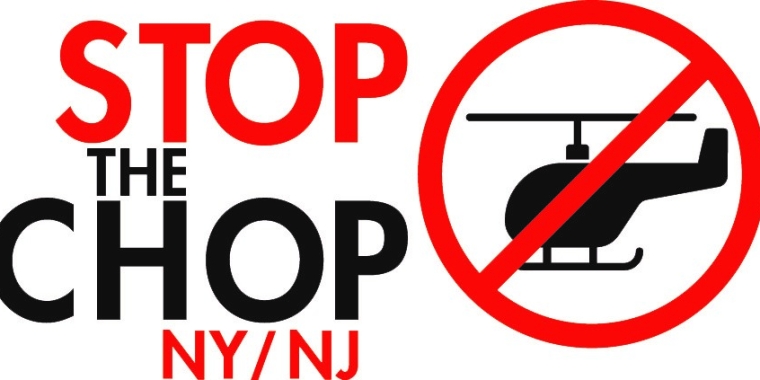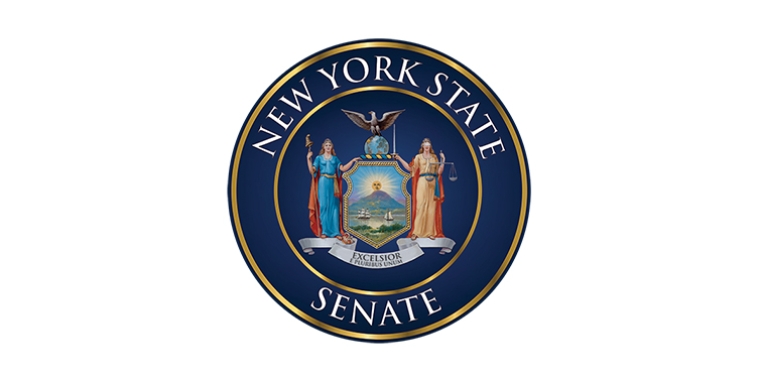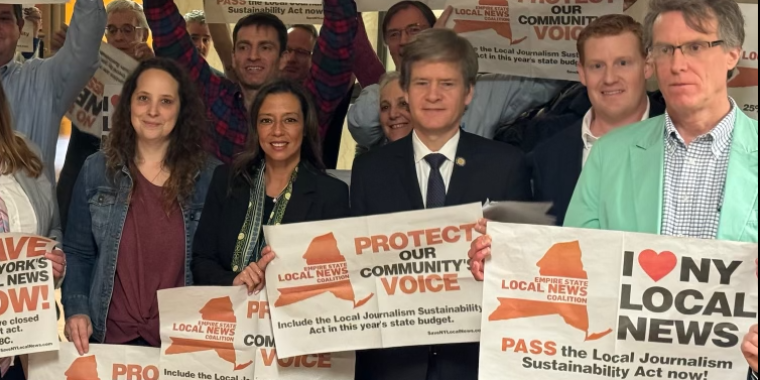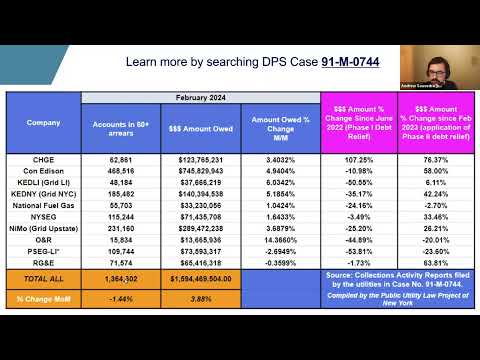
Testimony of State Senator Brad Hoylman-Sigal Before the New York City Council Committee on Economic Development On Non-Essential Helicopter Flights
Senator Brad Hoylman-Sigal
April 16, 2024

Thank you, Chair Farías and all the members of the Committee on Economic Development, for the opportunity to testify. I am State Senator Brad Hoylman-Sigal, and I represent the West Side of Manhattan, from Christopher St. in the Village to W. 103rd St. on the Upper West Side, including the West 30th Street Heliport. For years, my constituents have been victim to the consequences of unnecessary helicopter flights, and, for years, I have worked with my colleagues in Manhattan to end unnecessary helicopter flights over and around New York City. I am grateful for the opportunity to weigh in on this issue again.
Every day, non-essential tourist and charter helicopter flights around my district emit repetitive high-decibel noise and disrupt quality of life in one of the densest urban areas in the world. These helicopters are more than only a nuisance; they cost our communities in long-term health outcomes and harm the quality of our air and environment.
There is substantial evidence that aircraft noise can cause community annoyance, disrupt sleep, adversely affect academic performance of children, and increase the risk for cardiovascular disease of people living in the vicinity of airports and heliports. These disruptions have been significantly heightened since the COVID-19 pandemic and the recent trend by employees to work from home. Moreover, helicopter noise has been cited by numerous of my constituents as interfering with outdoor activities, including recreation along the Hudson River Park and performances at the Delacorte Theater in Central Park.
Helicopter noise is the subject of tens of thousands of 311 complaints, at rates that have multiplied over the last five years. As of this testimony, there have been over 67,000 helicopter-noise complaints to the Economic Development Corporation processed since the beginning of 2023, representing a greater number of complaints than were received in 2020, 2021, and 2022 combined. I am encouraged by the attention the City Council is paying to remedy this longstanding and persistent issue.
In addition to noise and quality of life, helicopters are a significant source of carbon emissions, contributing to climate change, posing an additional barrier to the goals set forth by our NYS Climate Leadership and Community Protection Act, and presenting yet another cost for the public to carry for something that offers them nothing in return. One source places the hourly carbon emissions of the Airbus AS350, one of the helicopter models most commonly used around New York City, at more than 40 times that of a passenger car.
In 2022, I passed legislation called the “Stop the Chop” Act (S7493A/A8473A) that would have created a right of action against any person who creates an unreasonable level of sustained noise from helicopter flights, thus enabling victims to seek compensation. In addition, the bill would have amended the Hudson River Park Act to restrict the use of the West 30th Street Heliport. I was disappointed by the Governor’s veto of the legislation, who, in her justification, cited constraints on New York State’s ability to legislate in this area due to federal regulation.
Even though the Governor vetoed the Stop the Chop Act, we are not giving up on efforts to reduce helicopter noise. Following her veto, I introduced legislation (S6962/A7277) with Assemblymember Tony Simone that would amend the Hudson River Park Act to fully prohibit a heliport within its boundaries. To restate the obvious, a heliport and a public park are incompatible uses.
I’m grateful for this latest effort by the City Council and the ongoing partnership among elected officials, our local community boards and advocacy organizations such as Stop the Chop who are all united in addressing this long standing problem.
Vincent Mestre, et al, Helicopter Noise Information for Airports and Communities, p. 5-6, nap.nationalacademies.org/read/23609/chapter/4
Mathias Basner, et. al, “Aviation Noise Impacts: State of the Science,”https://www.ncbi.nlm.nih.gov/pmc/articles/PMC5437751/
Linus Yinn Leng Ang and Fangsen Cui, “Remote work: Aircraft noise implications, prediction, and management in the built environment,”https://www.ncbi.nlm.nih.gov/pmc/articles/PMC9398462/
related legislation
Share this Article or Press Release
Newsroom
Go to Newsroom


